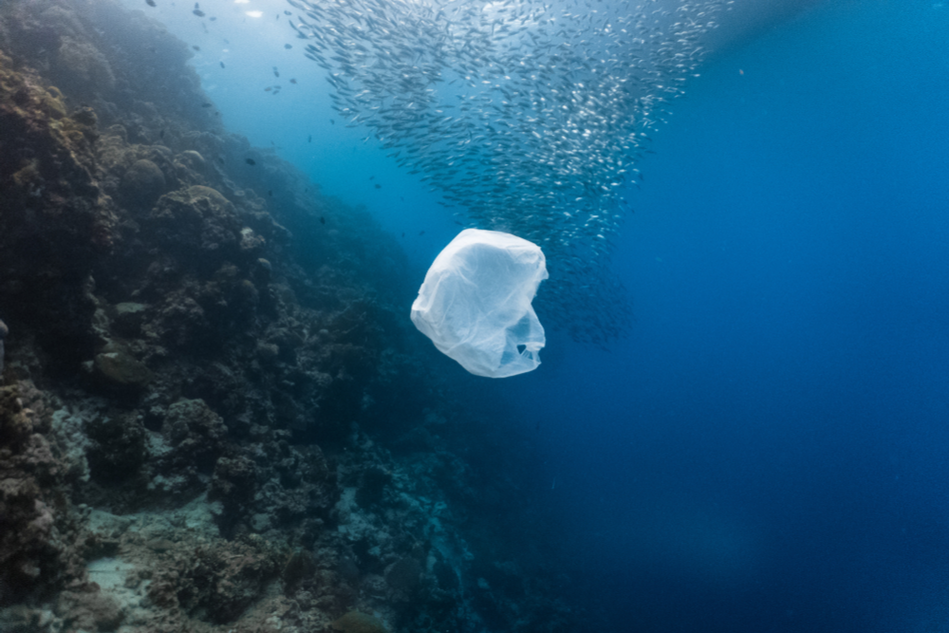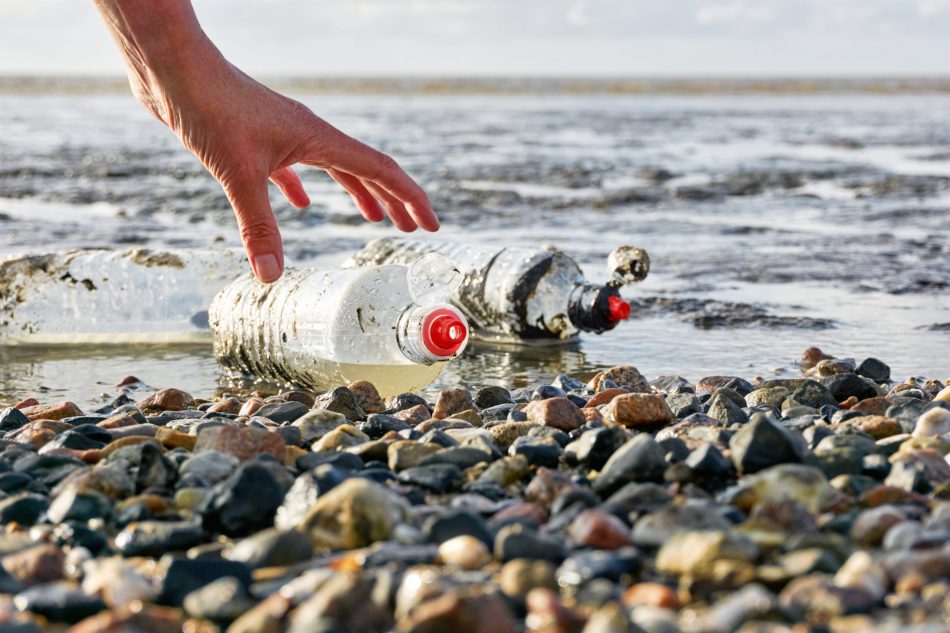Oceans
From tackling marine plastic pollution to coral reef restoration, learn about humanity’s latest efforts to protect ocean habitats and marine wildlife.

‘Nanojars’ can help remove CO2 and other major pollutants from water
While the most common environmental concern regarding carbon dioxide has to do with its greenhouse effects in the atmosphere, a lot of it actually ends up in our oceans, making them more acidic. In a bid to find a solution to this problem, researchers have recently developed “nanojars” that can Read More...

A group of students is using bubbles and robots to clear the world's rivers
Ocean plastic is a persistent problem that endangers wildlife and humans. Around eight to 12 million tons of plastic end up in the sea each year, inspiring projects like The Ocean Cleanup’s trash collecting system and this floating plastic island. However, removing plastic from the ocean is Read More...

5 Free climate change exhibits to visit virtually
Climate change—it’s a problem that is so weaved into all the facets of our lives that it can be overwhelming to try to understand it on our own. Luckily, more museums are making their climate exhibitions available for free online so that we can learn more about it from the comfort of our own Read More...

Snorkelers discover record-breaking coral in Great Barrier Reef
A group of snorkelers in Australia’s Great Barrier Reef discovered a true treasure during a dive last week. While swimming off the coast of Goolboodi island in Queensland’s Palm Island Group, they stumbled across a coral measuring 17.4 feet (5.3 meters) tall and 34.1 feet (10.4 meters) Read More...

New tidal energy design harvests double the energy from ocean waves
Tidal energy could soon hit record conversion efficiency thanks to a new development from scientists at Australia’s RMIT. The engineers have developed a novel design for a convertor that they claim operates with far greater efficiency than current systems. They hope the breakthrough could pave Read More...

Plastic crisis: India will ban single-use plastic items by 2022
With growing awareness about the huge environmental threat of single-use plastics, countries around the world, like Chile and New Zealand, have ramped up their efforts against plastic pollution by strategically banning disposable plastics. Now India is committing to a plastic-free future as well. Read More...

These green SUP boards are made from retired turbine blades
Many surfers, divers, and others ocean lovers hold a strong desire to protect our marine environments from pollution and warming. However, some of the equipment these ocean enthusiasts use are not made of sustainable or eco-friendly substances. For instance, stand-up paddleboards, while Read More...

This power-free sewer treatment plant was inspired by cow stomachs
80 percent of the world’s sewage is dumped untreated into the natural environment. This is a huge health and environmental crisis, but traditional sewage treatment plants are costly and energy intensive, making them difficult to implement in many regions. The sewage contamination issue is Read More...

The Ocean Cleanup deploys largest trash-collecting system thus far
Since it first undertook the daunting task of ridding our oceans of plastic debris in 2013, The Ocean Cleanup has made numerous tweaks to its trash-catching barrier system — and the latest one may be the most important yet. The most recent update involves an active propulsion system rather than Read More...

Clean Ocean Sailing strives to collect hard-to-reach plastic
Steve Green and his partner Monika Hertlová have started an ocean cleaning movement from their unique home base on the Helford River in Cornwall. The base is a 113-year-old, 55-ton former icebreaker; a boat specially designed to move and navigate through ice-covered waters. The pair launched Read More...


